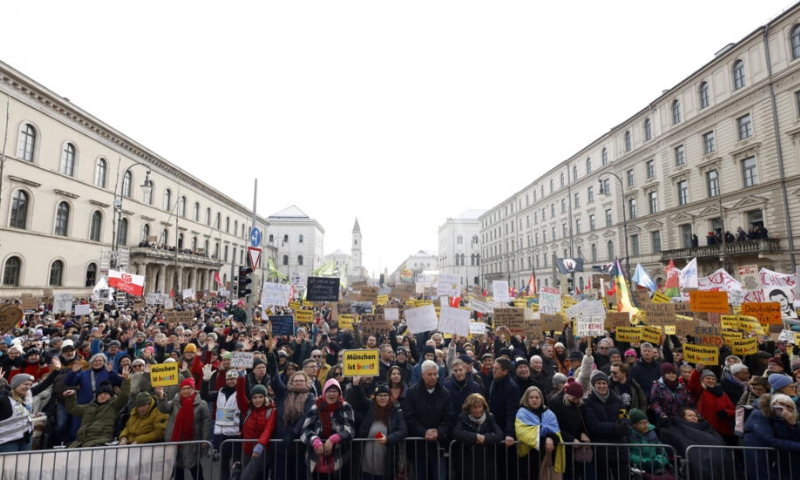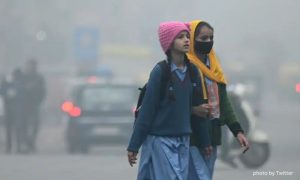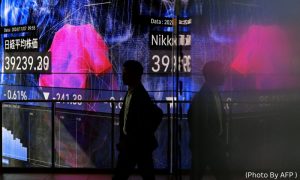MUNICH: Tens of thousands gathered across Germany for a second consecutive day to protest against the far-right Alternative for Germany (AfD) party following revelations of discussions about mass deportation plans during a meeting with extremists. The large influx of demonstrators in Munich led organizers to cancel a planned march, emphasizing safety concerns.
Organizers initially reported that approximately 50,000 people participated in the demonstration, doubling the registered number of attendees. An earlier estimate suggested 200,000 demonstrators, and police estimates fell around 100,000, according to reports.
The protests erupted after an investigative report by Correctiv on January 10 revealed that AfD members engaged in discussions about expelling immigrants and “non-assimilated citizens” during a meeting with extremists. This revelation has intensified the wave of mobilization against the far-right party.
The AfD, known for its anti-immigration stance, confirmed the presence of its members at the controversial meeting but denied endorsing the “remigration” project advocated by one of the participants, Martin Sellner, a leader of Austria’s Identitarian Movement.
Protests Against Extremist Ideologies in Germany
The protest movement against the far-right gained momentum, with approximately 250,000 people gathering in cities across Germany on Saturday. Demonstrations occurred in around 100 locations, including Munich, Berlin, and cities in eastern Germany, where the AfD enjoys strongholds.
Protesters at the demonstrations displayed signs with slogans such as “Nazis out” and “never again is now.” Political figures, church leaders, and Bundesliga football managers have called on citizens to stand against the far-right, with Chancellor Olaf Scholz describing any plan for mass expulsion as an “attack against our democracy.”
Interior Minister Nancy Faeser likened the far-right meeting to the infamous Wannsee conference, where Nazis planned the extermination of European Jews in 1942. The ongoing protests are viewed as an effort to restore trust in democratic values and cohesion against extremist ideologies.
























